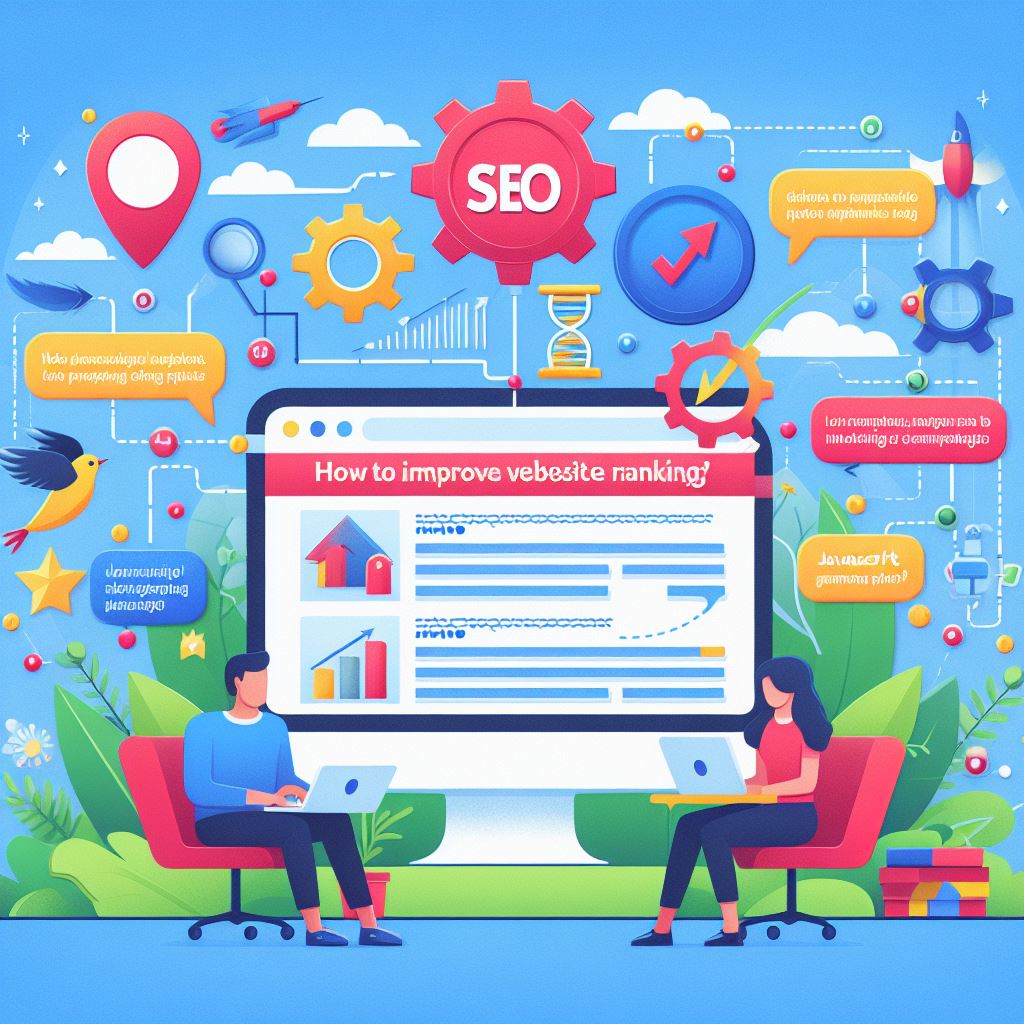What People Are Getting Wrong About SEO
The quality of content in this regard cannot be undermined because keywords are the most important thing in search engine optimization, however, Google’s algorithm has changed to reward content that is valuable and gives a complete answer to the question being asked. This means that stuffing your content with words just for the sake of optimizing it can work against you when it comes to ranking. However, it is better to write articles which are well researched, thought through and engaging and which address audience needs, questions and pain points.

The Misconception of Keywords Over Quality
One of the most prevalent myths is emphasizing keywords over content quality. While keywords are undeniably important for SEO, what Google algorithm looks out first now is relevant information that addresses users’ queries exhaustively. As such, if you stuff your website with keywords without offering any useful information or insight into your subject matter it may hurt your rankings instead. Instead, focus on creating content that responds to their issues; has been carefully examined; as well as having engaging reasons behind them.
The Underestimation of User Experience (UX)
Another important factor that people forget about its role in SEO is user experience (UX). It will affect your bounce rate negatively leading to lower search rankings if your site takes a long time to load or not responsive on mobile devices. To keep visitors longer on your site and consequently reduce bounce rates while improving SEO performance make sure there is an effortless smooth user experience across all pages on your website.
Ignoring the Power of Backlinks
Backlinks form one key component of an effective SEO strategy but more attention should be given on link relevance and quality rather than quantity alone. Quality backlinks from reputable sites within your niche can drive traffic as well as improve credibility and search rankings. The alternative methods include forging relationships with industry leaders, crafting shareable contents plus guest posting on prominent sites so as develop strong backlink profiles.
The Oversight of Local SEO
Local SEO is something that cannot be overlooked especially by businesses targeting local markets. To optimize your site for local search, you have to do more than simply including the name of your city or region in keywords. This can also involve claiming your Google My Business listing, ensuring consistent contact information across the web and gathering positive reviews. Local SEO helps bring potential customers to your business in a particular area thereby increasing traffic as well as visibility.
Content Freshness and Update Frequency
Many people believe once content is published it no longer needs attention. Nevertheless, freshness of content matters when it comes to search engines. For example, regularly updating your website with new information, revisiting old posts to keep them current and testing all links are active could signal that this site is worth looking at.
Technical SEO Is Just as Important
Although content is king in the realm of SEO, technical SEO cannot be forgotten either. These include structuring your site properly; optimizing for speed; making sure it’s mobile friendly and adding HTTPS security certificates among others. Technical SEO makes your website easily crawlable and readable by search engines which are important for higher rankings.
Social Signals Matter
In spite of social media not being a direct ranking factor, it can increase the reach of your content and send traffic to your website through social signals such as likes, shares and mentioning. An effective social media strategy will work hand in glove with SEO, which will broaden the audience for you and improve the brand presence of your firm online.
The Transition from Text Searches to Voice Queries
Because of digital assistants, optimizing for voice search has grown in importance. Frequently, voice queries are longer and more conversational compared to text searches. To capture this growing market segment, you should ensure that your SEO strategy adapts to natural language phrases and question-based keywords.
Summary
SEO is constantly evolving; therefore, keeping pace with new trends and algorithm changes is vital for succeeding online. By going beyond common misconceptions about them and taking an all-inclusive approach to SEO optimization, you can make your site more visible on the web driving more visitors there thus meeting business goals. Therefore, remember that manipulating search engines does not amount to good SEO rather creating better user-friendly websites that are full of information allowing users’ needs addressed through them.



















